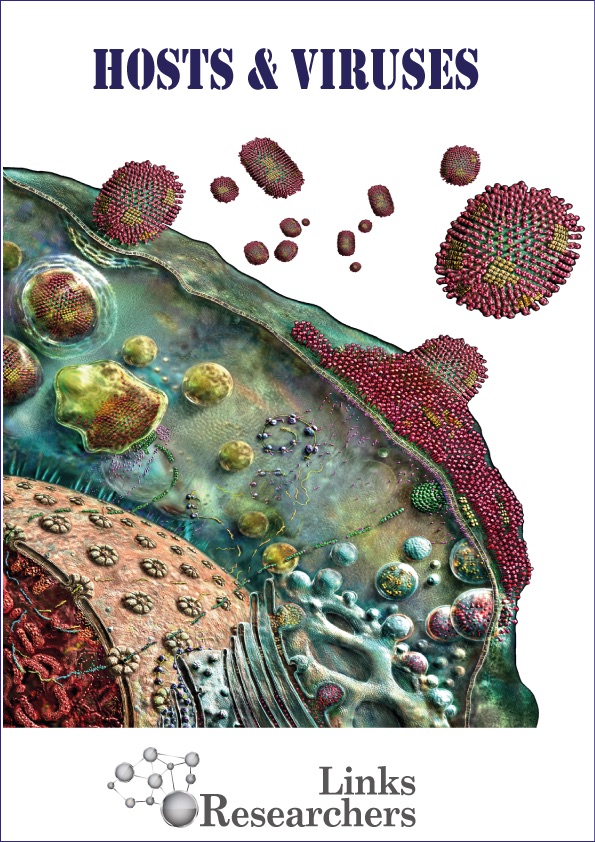Seroepidemiology of Human Parvovirus B19 Infection among Pregnant Women in Abuja, Nigeria
Seroepidemiology of Human Parvovirus B19 Infection among Pregnant Women in Abuja, Nigeria
Ocheme Julius Okojokwu1*, Maryam Bisola Adebayo2, Bashiru Shafa Abubakar3, Ibrahim Abubakar Yusuf2 and Joseph Aje Anejo-Okopi1
ABSTRACT
Human parvovirus B19 is a member of the family Parvoviridae. It can be transmitted congenitally from an infected mother to the foetus. The virus has been implicated in hydrops foetalis, spontaneous abortion, aplastic crisis and acute symmetric polyarthropathy. The present study was carried out to determine the seroprevalence of Human Parvovirus B19 IgG and IgM antibodies and to determine the risk factors associated with acquisition of the virus. A total of 326 blood samples were collected from consenting pregnant women who were attending antenatal clinic in Abuja, Nigeria. Structured questionnaire was used to obtain data on socio-demography and risk factors. The sera were obtained from samples were analyzed for IgG and IgM antibodies of human parvovirus B19 using SERION ELISA Classic Parvovirus B19 IgG/IgM kits. A total of 171 (52.5%) of women had IgG antibody to Parvovirus B19 while 31 (9.5%) were positive for IgM antibody. Demographics including age group, educational status, occupation, type of marriage, number of children, history of blood transfusion and trimester of pregnancy were statistically associated with prevalence of IgG antibody (p ≤ 0.05). There was a significant association (χ2 = 12.571; p = 0.028) between age group and IgG antibody. The age group > 40 years old had the highest prevalence of IgG antibodies while the age group 21 – 25 years (p ≤ 0.05) had the least (39.3%). Similarly, there was significant association (χ2 = 39.602; p < 0.001) between trimester and IgG antibody with the highest IgG antibody prevalence recorded in second trimester. Human Parvovirus B19 is prevalent in Abuja, Nigeria. Ten out of 100 pregnant women are likely to have current human parvovirus B19 infection. So, there is an urgent need to embark on mass education and enlightenment campaign to increase awareness of the general populace on the virus and its acquisition.
To share on other social networks, click on any share button. What are these?





